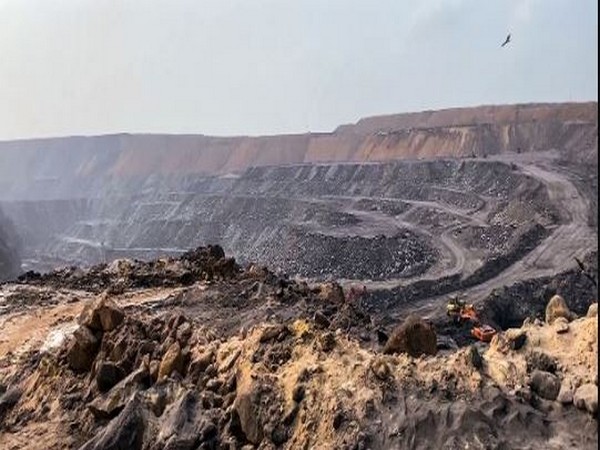
New Delhi: India's mining and construction equipment (MCE) industry is poised for significant growth, with localisation levels expected to increase to 70-80 per cent in the next 5-7 years, highlighted ICRA in a report.
It also noted that this shift could help the industry save nearly USD 3 billion in foreign exchange annually and boost India's cost competitiveness, enhancing its export potential.
As per ICRA, the MCE industry, which is riding on the back of India's infrastructure-led growth, has already grown at a compound annual growth rate (CAGR) of 12 per cent over the past decade (FY2015-FY2024), reaching 1.36 lakh unit sales in FY2024.
It added that the industry is set to become a USD 25 billion market by 2030, according to projections.
"With a potential of becoming a USD 25 billion market in annual revenues, this could mean approx. USD 3 billion in forex savings annually" said ICRA.
The ICRA noted that achieving this target will require the development of a strong supply chain ecosystem. A robust supply chain is crucial for realising the MCE industry's Vision 2030, which aims to make India the world's second-largest MCE market and a global hub for manufacturing and exports.
It added that several factors are supporting the drive towards greater localisation. The government's Production Linked Incentive (PLI) scheme for sectors such as specialty steel and auto components is encouraging domestic production.
Additionally, the shift in global geopolitical dynamics, including the China+1 strategy adopted by original equipment manufacturers (OEMs), is prompting more investment in India.
On a broader scale, the Indian government is taking steps to improve the ease of doing business and is focusing on building better infrastructure to attract investments, further strengthening the competitiveness of the domestic manufacturing industry.
The MCE industry today has high import dependence, with approx. 50 per cent of its components (by value) being imported from the OEMs based out of China, Japan, South Korea, Germany, among others. The industry is also dependent on imports for certain key raw materials like specialty steel.